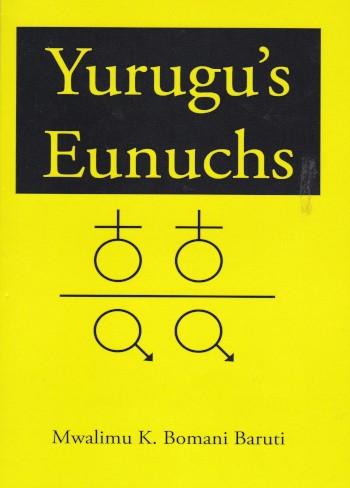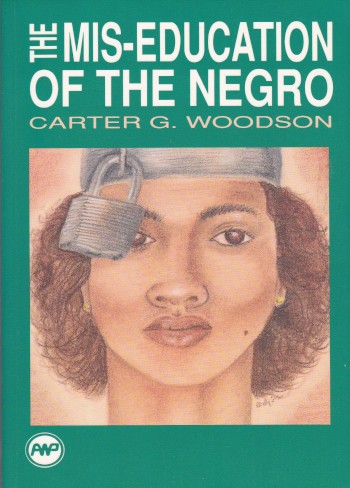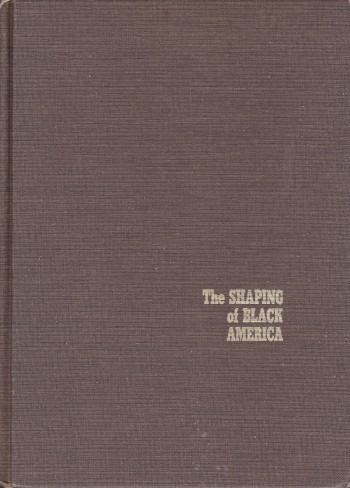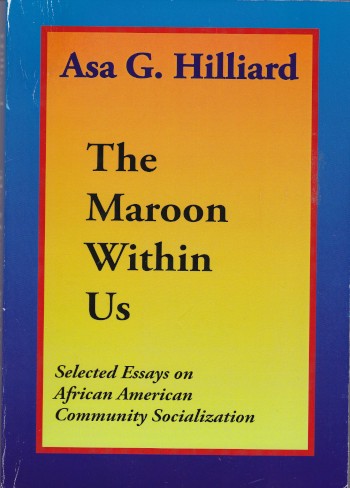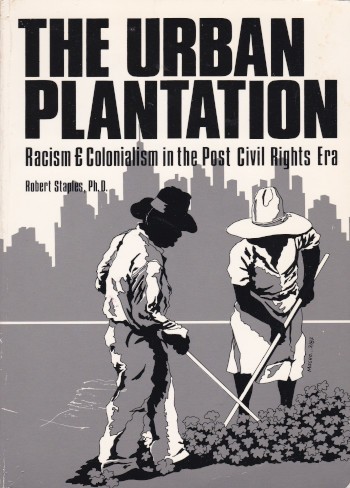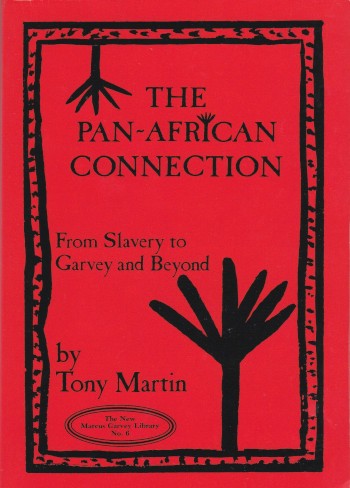
The Pan-African movement for international Black unity is one of the great movements of modern history. Its New World roots go back at least to the eighteenth century. In its time it has encompassed the Black World’s largest mass movements — the Universal Negro improvement Association of Marcus Garvey, the Liberia Exodus Association of Martin R. Delany and others, the Nation of Islam of Elijah Muhammed, to name a few. Malcolm X, Booker T. Washington and W.E.B. Dubois were all Pan-Africanists in their differing ways, as were Kwame Nkrumah, Frantz Fanon, and George Padmore.
The present volume brings together articles published spanning over a decade by one of the leading revolutionary scholars in the field of Pan-African history. They cover a wide range of major personalities, themes and organizations of the movement.
Here’s just a snippet from an article published in 1978 titled “Marcus Garvey and the West Indies”:
Garvey is yet to be given full credit for his tremendous contributions to West Indian history. He did more than any other single individual to stimulate the anticolonialism, racial pride and working class consciousness that laid the groundwork for struggles of the late 1930’s and thereafter. No one can equal him in his successful effort to demonstrate the historical and cultural unity of the Caribbean.[1]Tony Martin, The Pan-African Connection: From Slavery to Garvey and Beyond (Dover: The Majority Press, 1983), 62.
And another snippet, from an article published in 1970 called “Rescuing Fanon from the Critics”:
Fanon can be considered a Marxist. This is not to say that he adhered rigidly to every word that has come down to us from Marx’s pen. He did not. But he was a Marxist in the sense that Lenin or Castro or Mao are Marxist. That is, he accepted Marx’s basic analysis of society as given and proceeded from there to elaborate on that analysis and modify it where necessary to suit his own historical and geographical context.[2]Ibid., 183–184.
So, for those of you who are looking for a good starting point to study the history of Pan-African struggle, you cannot go wrong with our dear late brother Dr. Tony Martin’s book.



